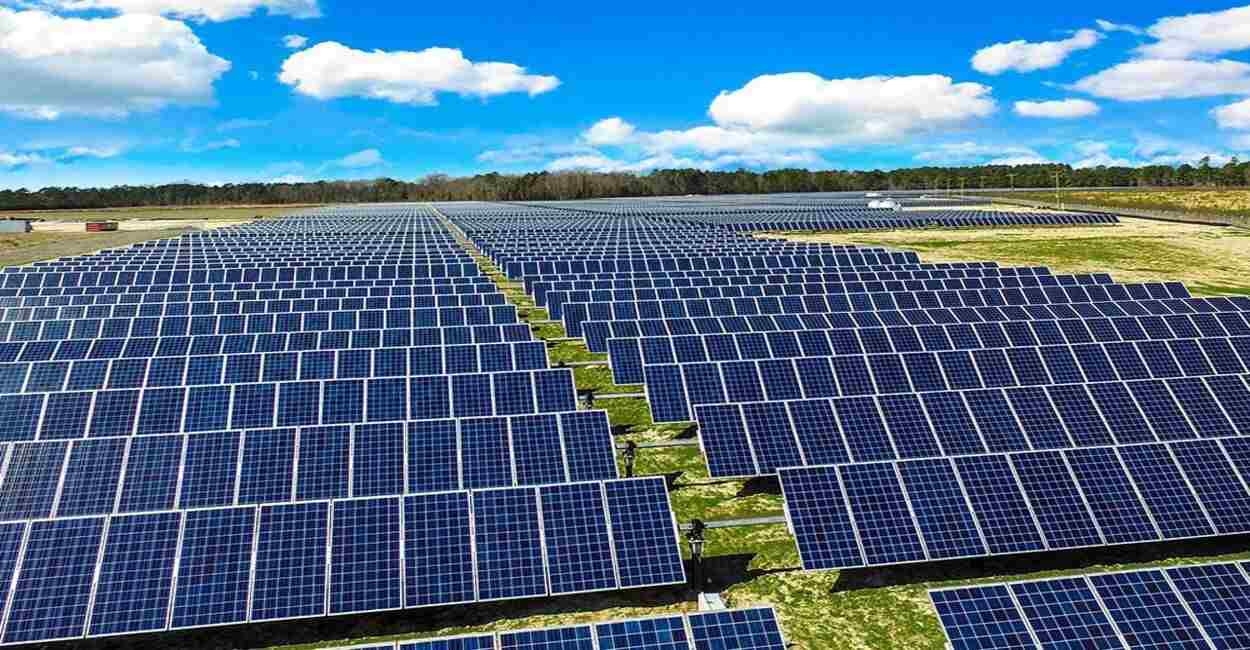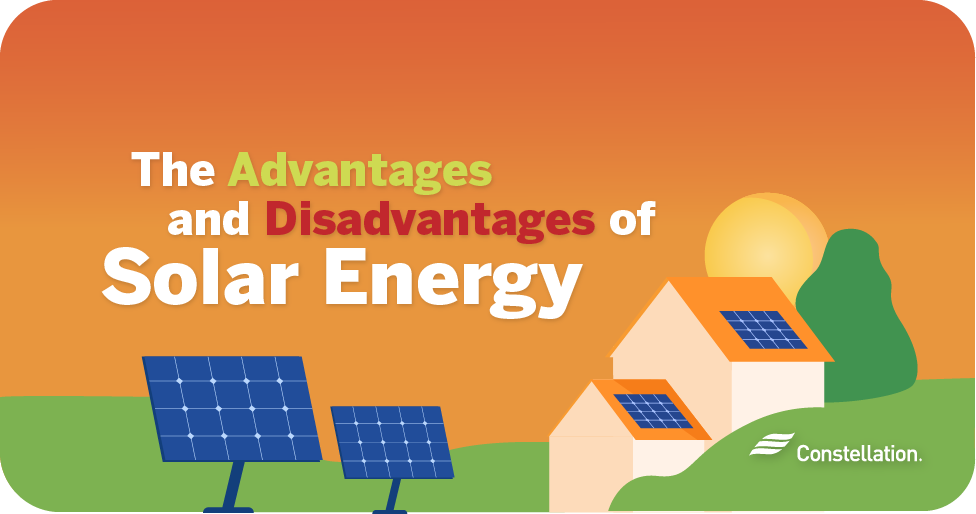Discover Cost-Effective Solar Solutions with Simply Solar Illinois for Your Home
Discover Cost-Effective Solar Solutions with Simply Solar Illinois for Your Home
Blog Article
Just How Solar Power Can Help You Conserve Cash and Lower Your Carbon Impact
The assimilation of solar power into your power profile provides a compelling possibility for both economic savings and environmental stewardship. As numerous government rewards come to be available, the question occurs: just how can one properly navigate the initial financial investments and recurring benefits of solar technology to make the most of both financial and environmental gains?
Understanding Solar Power Financial Savings
While the change to solar power often involves an initial investment, comprehending solar power cost savings is critical for property owners and services alike. Solar power systems can substantially decrease electricity costs by harnessing the sunlight's energy, equating into substantial long-lasting economic benefits.
Furthermore, solar power systems may get approved for different financial motivations, consisting of tax obligation debts and rebates, even more boosting their cost-effectiveness. The schedule of internet metering permits individuals to market excess power back to the grid, producing an added income stream. These factors add to the general cost savings connected with solar power.

Along with route financial financial savings, solar energy uses the added advantage of increasing building value. Homes furnished with solar panels are frequently extra attractive to customers, as they assure reduced energy costs - Simply Solar Illinois. Recognizing these components is vital for anyone taking into consideration solar power, as it highlights not just the potential economic gains, but also the wider ecological and financial benefits of taking on sustainable power solutions
First Costs vs. Long-Term Benefits
When reviewing solar energy, it is necessary to consider the initial prices against the long-term advantages. The in advance investment for photovoltaic panels, installation, and relevant tools can be significant, frequently varying from $15,000 to $30,000, depending on the system size and home energy demands. This initial expense might deter some property owners; however, it is important to think about the prospective cost savings over time.
Once mounted, solar power systems can significantly minimize or perhaps remove regular monthly electrical power costs, resulting in significant long-lasting financial advantages. Studies suggest that homeowners can save anywhere from $10,000 to $30,000 over the life-span of their planetary system, generally 25 years. In addition, numerous states use incentives, tax credits, and refunds that can offset preliminary prices, making solar more easily accessible.

Decreasing Your Carbon Footprint
Minimizing your carbon footprint is an important consideration in today's ecologically conscious culture, and adopting solar energy is one of the most reliable strategies to accomplish this objective. Solar power is a clean, sustainable source that dramatically diminishes reliance on nonrenewable fuel sources, which are significant contributors to greenhouse gas discharges.

Moreover, the extensive fostering of solar innovation urges the advancement of green tasks and sustains innovations in energy storage space and performance. The more people and organizations purchase solar energy, the better the collective reduction in carbon emissions, promoting a cleaner atmosphere for future generations.
Federal Government Incentives and Refunds
Taking on solar power not just benefits the atmosphere yet can likewise bring about significant economic check my site savings, specifically with the availability of government motivations and discounts. Different federal, state, and local programs are created to urge house owners and businesses to buy solar power systems, making the transition much more budget-friendly.
Among one of the most prominent rewards is the Federal Financial Investment Tax Obligation Credit (ITC), which allows solar system owners to deduct a considerable percent of the installation expenses from their federal taxes. This reward has actually been essential in lowering the upfront expenditures associated with solar energy systems. Additionally, numerous states provide their own tax obligation credit ratings, grants, and rebates that can further enhance savings.
Furthermore, some city governments supply property tax obligation exceptions for solar installments, making sure that property owners do not deal with enhanced home taxes as a result of their renewable resource financial investments. Utility firms may likewise provide motivations, including net metering and feed-in tolls, which allow solar energy users to offer excess power back to the grid.
Picking the Right Solar System
Selecting the ideal planetary system is vital for maximizing energy efficiency and economic benefits. The decision depends upon a number of factors, consisting of energy needs, spending plan, and offered space. Home owners must begin by examining their electrical energy consumption to establish the system size needed for ideal efficiency.
Next, consider the various sorts of solar modern technologies offered. Simply Solar Illinois. Photovoltaic Or Pv (PV) panels are the most common, transforming sunshine directly into electricity, while solar thermal systems concentrate on home heating water. Each kind has unique benefits depending upon specific requirements
Budget plan considerations are likewise critical. First setup prices can differ considerably, so it is this hyperlink necessary to compare quotes from several suppliers and discover financing choices. Federal government incentives and refunds can better decrease the economic worry, making solar systems a lot more obtainable.
Conclusion
In summary, solar energy provides a viable remedy for achieving significant expense savings while all at once minimizing carbon discharges. The preliminary financial investment, though significant, returns considerable see long-lasting monetary benefits, with prospective cost savings ranging from $10,000 to $30,000 over 25 years. In addition, the environmental advantages of solar power add to sustainable techniques vital for combating environment modification. Government rewards improve the usefulness of solar technology adoption, urging a shift towards a cleaner, much more economically effective energy source.
Report this page